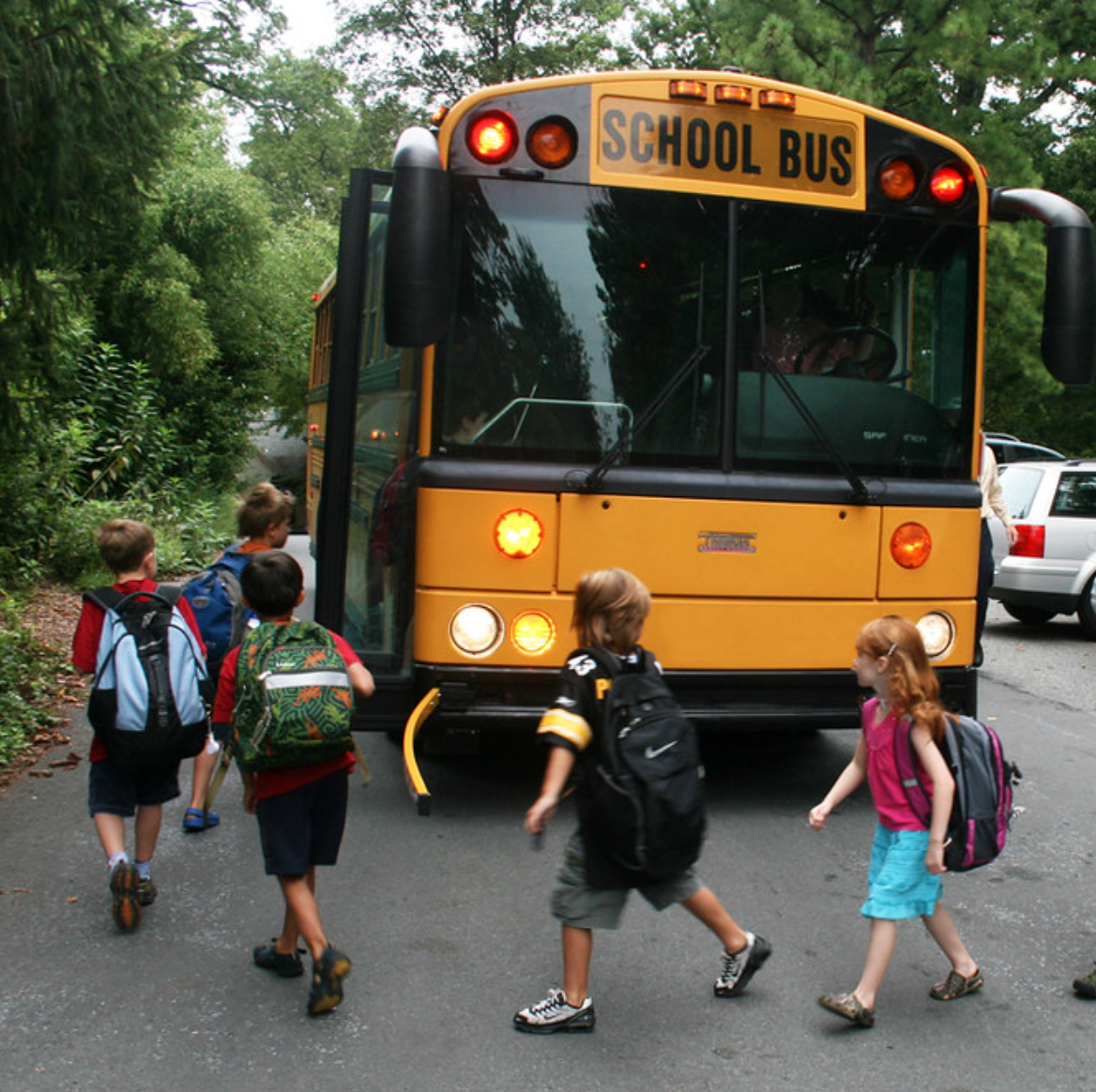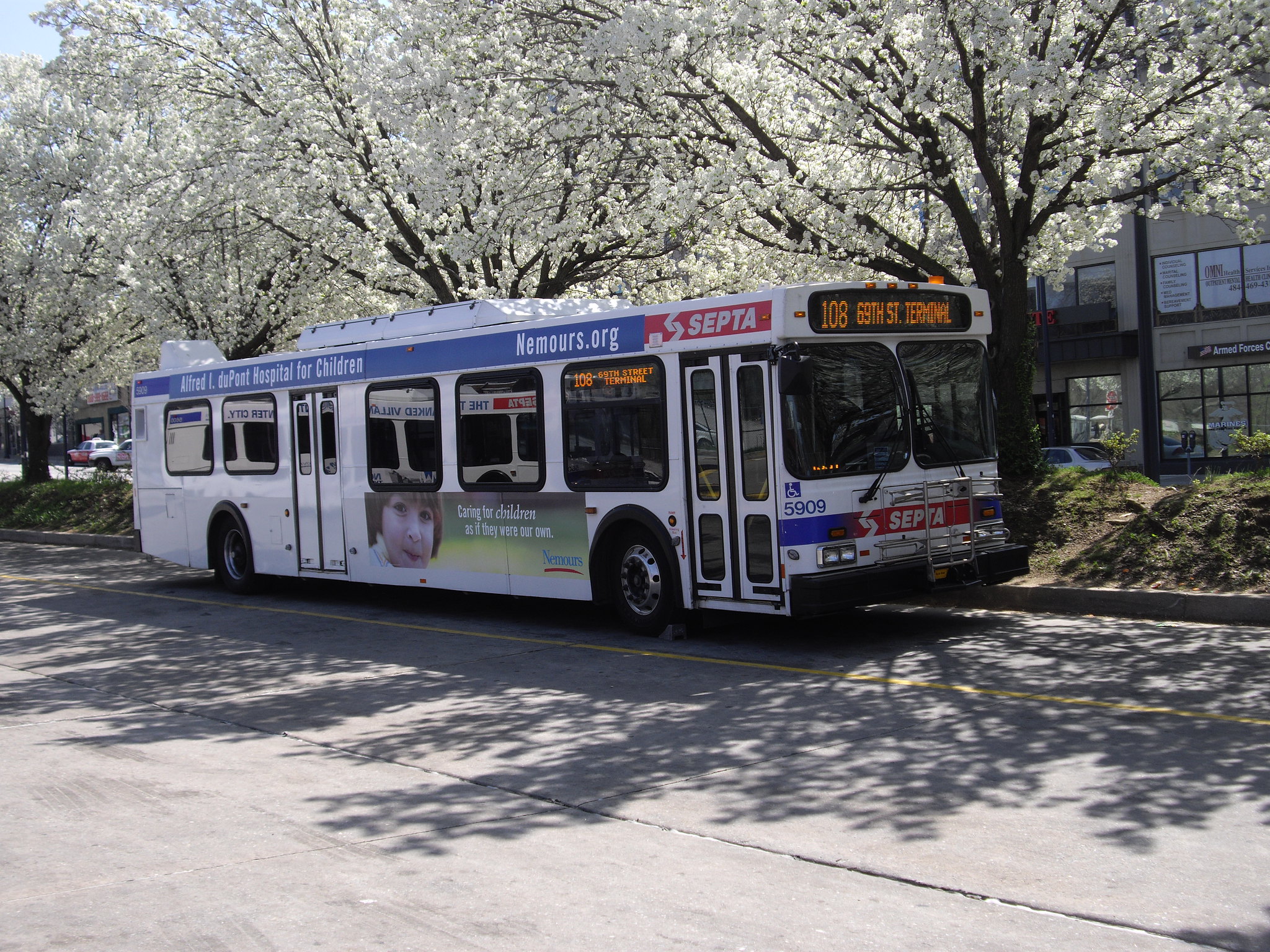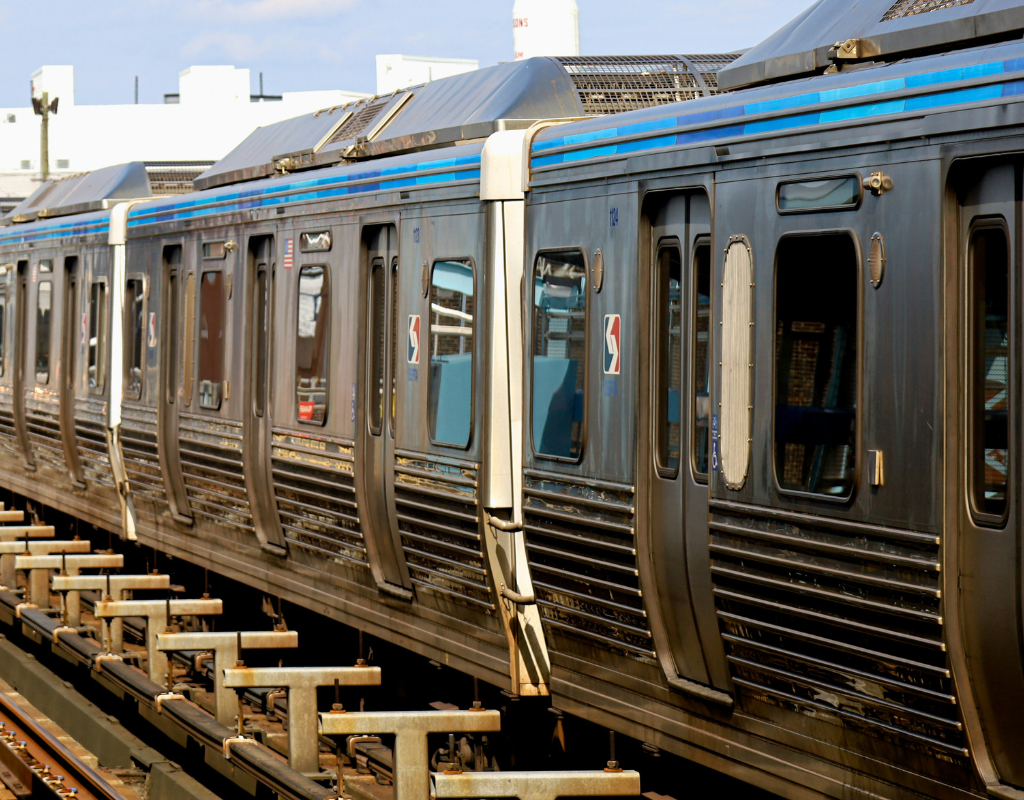With Congress returning to work next week after a month away from Washington, a national dialogue long dominated by health care is about to open to the long-awaited Senate debate on climate change.
 EPA administrator Lisa Jackson (Photo: Legal Planet)
EPA administrator Lisa Jackson (Photo: Legal Planet)But industry-funded efforts to derail legislative action are already receiving undeservedly credible coverage in the mainstream media, and the 6.8 to 1 spending disparity between opponents and backers of the climate bill is leading environmental groups to sound the alarm.
"Big Oil and Dirty Coal, along with allies
like Sarah Palin, Rush Limbaugh, and Newt Gingrich, are ramping up
their efforts to kill this legislation in the Senate," League of Conservation Voters President Gene Karpinski wrote to his members today.
And Environmental Protection Agency (EPA) chief Lisa Jackson made a pitch of her own on Friday evening to galvanize supporters of a cap on carbon emissions. Jackson argued that environmentalism should be "sold" more effectively to low-income urbanites as an issue that deeply affects their quality of life.
Over the years, environmentalism has largely been seen as an enclave ofthe privileged. The term "environmentalism" brings to mind pristinewilderness and wide-open landscapes. What doesn't come to mind is anapartment building, a city block, or an inner city kid who has troublebreathing on hot days. Even issues like climate change are distantconcerns for poor and minority citizens (and their advocates) who arestruggling daily for equality in education, health care and economicopportunity.
The word "transit" appears nowhere in Jackson's op-ed, but it's hard to think of a more appropriate issue than transportation to connect city residents with the impacts of climate change.
A study released last month by Columbia University's school of public health found that air pollutants have serious health consequences for children born to minority families in New York. Moreover, researchers from three California universities calculated earlier this year that toxic air would exacerbate the impact of heat waves on urban minorities, creating a "climate gap."
The congressional climate bill could take major strides to close that gap by investing in transit-oriented development and improving transit access for lower-income neighborhoods. But expanding environmentalism's reach into inner-city communities might be difficult given the Obama administration's current hands-off approach to transit's role in the legislation.





